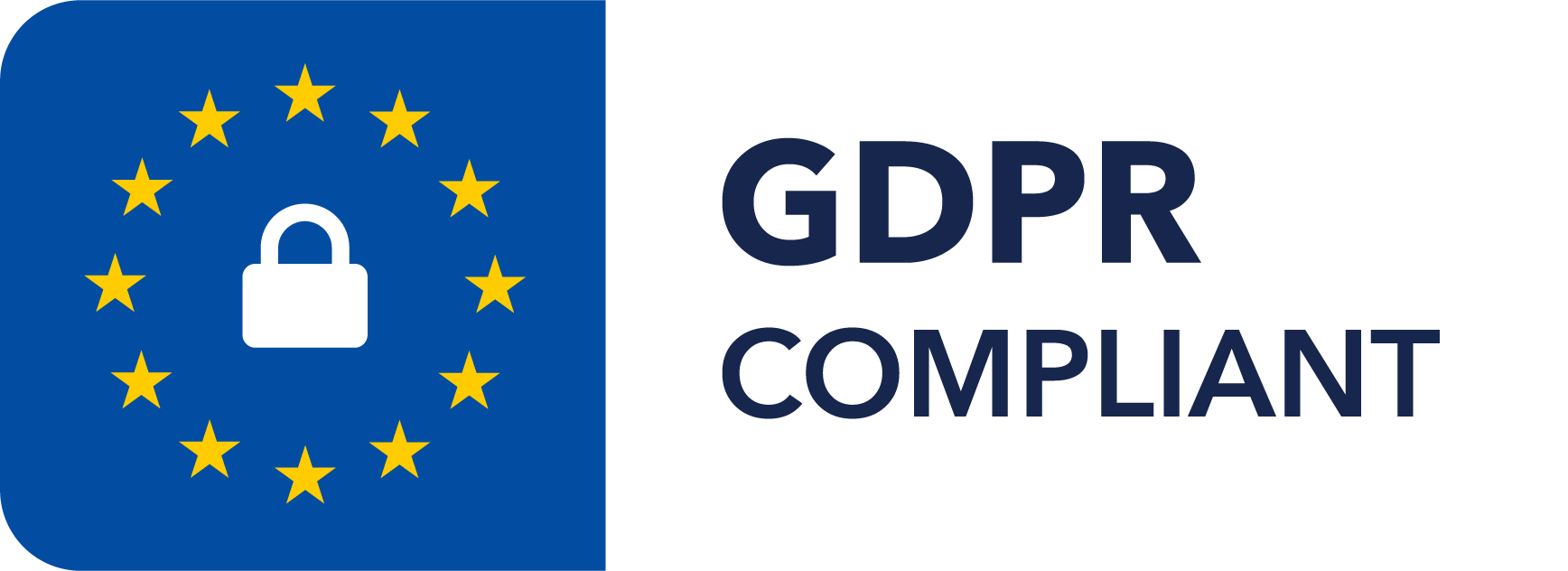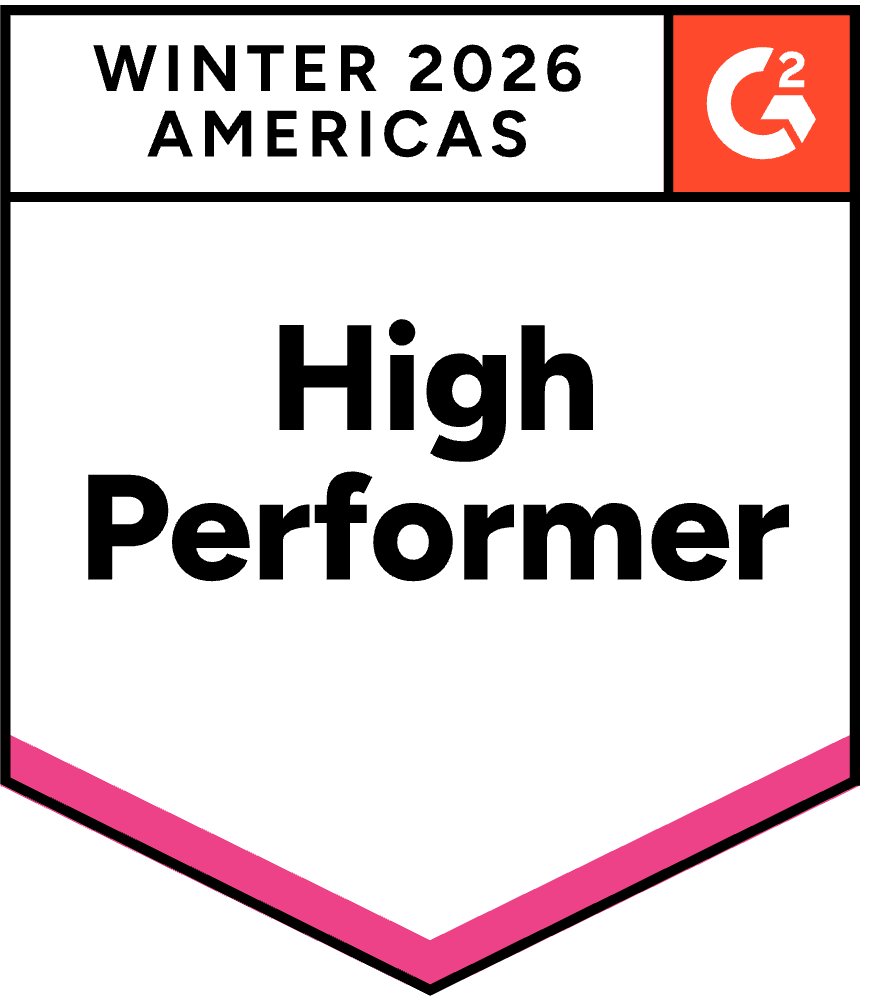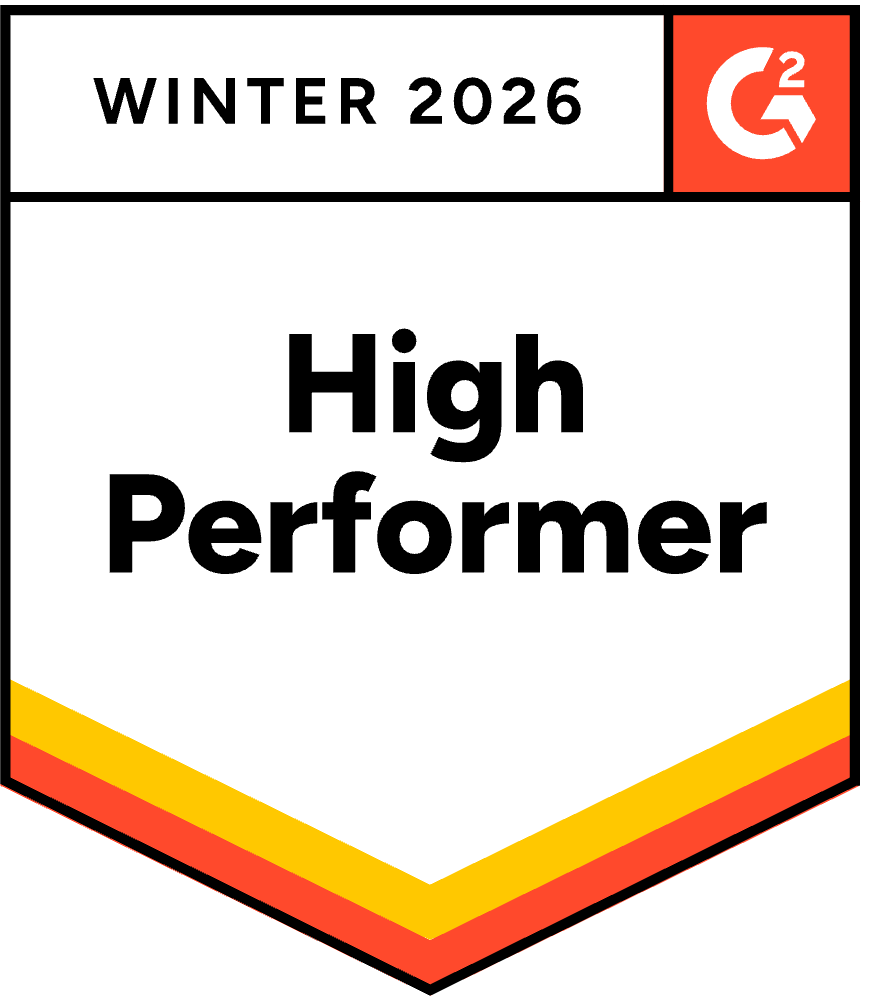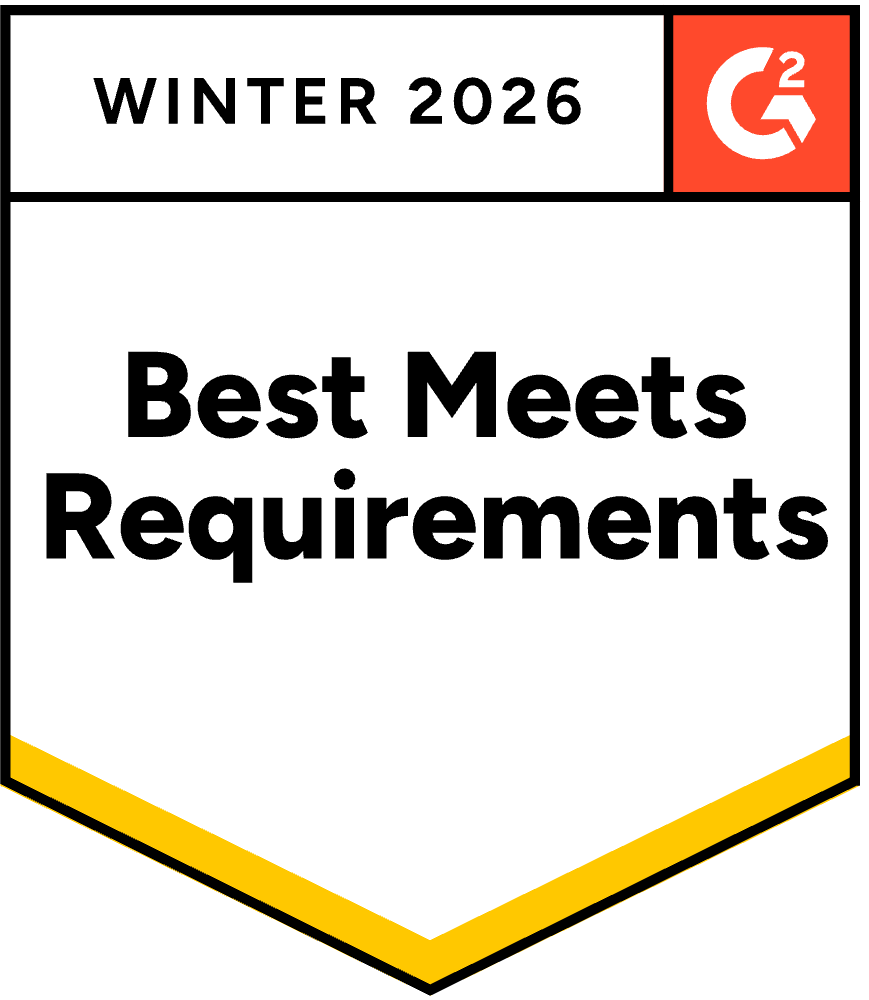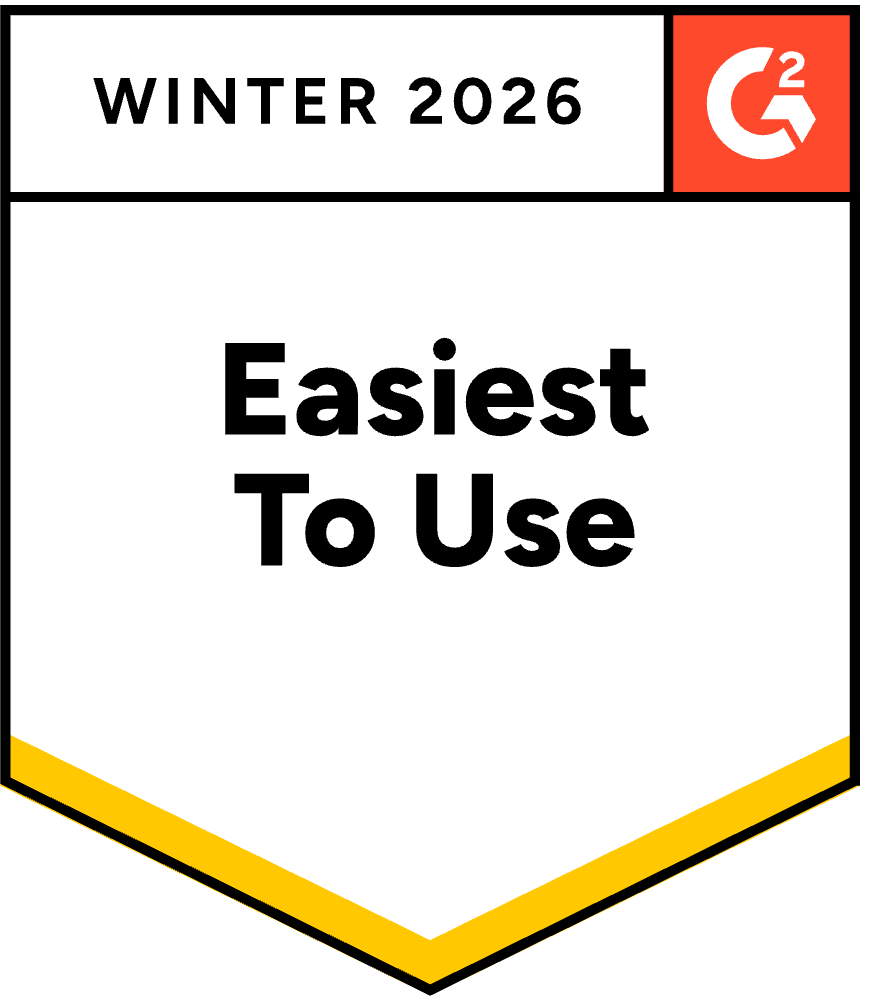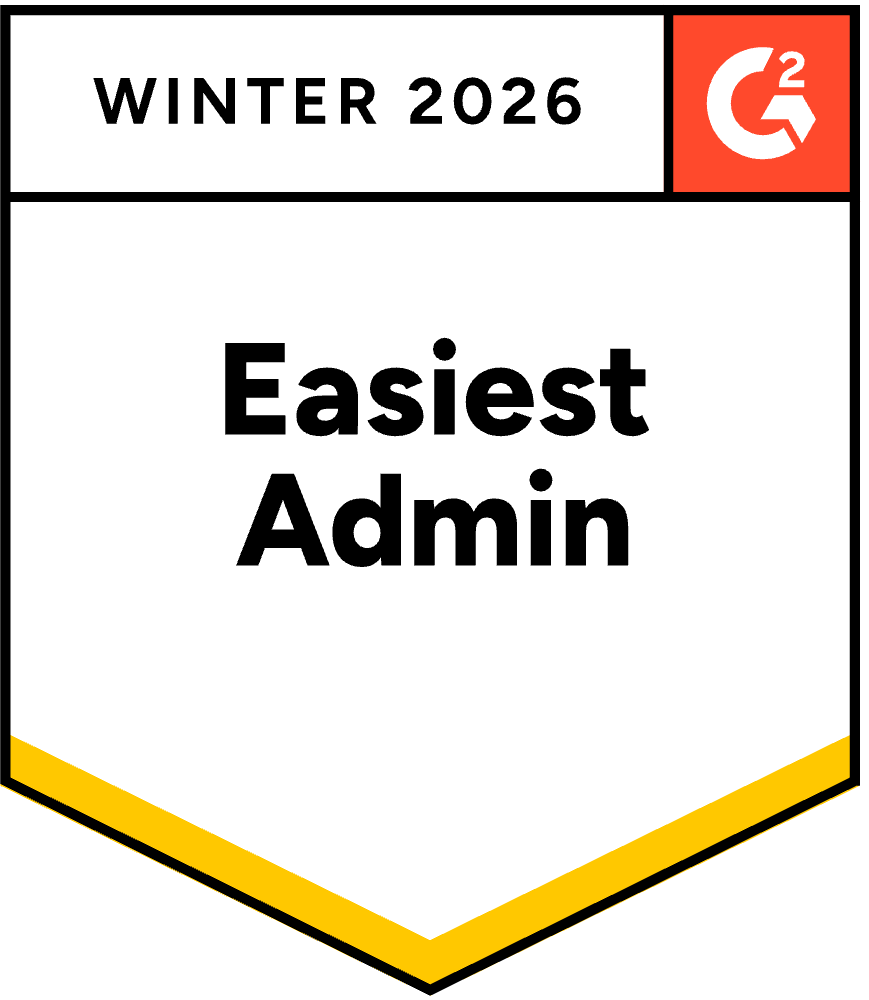Why You Need AI Proposal Management Software Now
March 5, 2025
By
Evie Secilmis
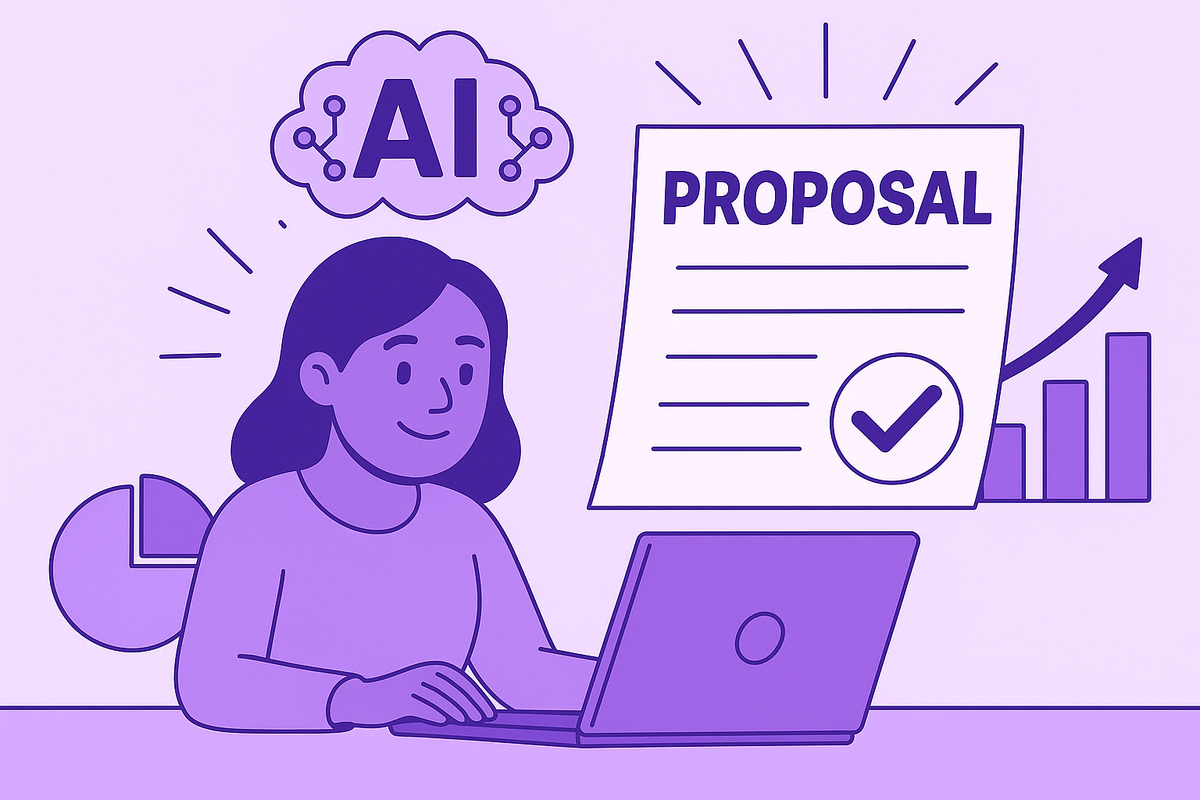
When cars first appeared, many were just carriages with engines attached. They worked, but they weren't designed for the power and speed of an engine. The real revolution came when engineers designed cars from the ground up, with a chassis and drivetrain built for performance. We're seeing the same thing happen with proposal tools. Many vendors are simply bolting AI onto their old, library-based systems. It’s a quick fix, but it doesn't solve the core problems. True ai proposal management software is built differently, with AI at its core. It doesn't just find answers; it understands context, learns from your data, and scales with your business without the growing pains of manual content management.
Why Go AI-First With Your Proposal Management?
Traditional proposal management software was built around static knowledge bases and manual workflows. Today, many tools are scrambling to bolt on AI as an afterthought—layering automation onto outdated structures that still require Q&A pair management, endless tagging, and manual oversight.
But an AI-first approach redefines what’s possible. With Iris, organizations don’t have to maintain rigid knowledge repositories or endlessly refine question-answer pairs. Instead, they can train and teach the model dynamically, enabling it to understand context, retrieve the best answers, and continuously improve with usage—without the headaches of manual upkeep.
Here’s how an AI-native proposal platform changes the game.
Beyond Q&A: Core Functions of Proposal Software
Modern proposal software is much more than a simple question-and-answer tool. It’s a comprehensive system designed to manage the entire lifecycle of your sales documents. Instead of juggling Word documents, spreadsheets, and scattered files, these platforms provide a centralized hub for creating, managing, and tracking every proposal. This brings consistency and control to what is often a chaotic process. By streamlining these core functions, your team can move away from tedious administrative work and focus on the strategic elements that actually close deals. Let's look at the key functions that make this possible.
Document Lifecycle Management
Think of document lifecycle management as your proposal’s journey from a blank page to a signed contract. Effective software helps your team manage sales proposals at every stage: creation, internal collaboration, sending, client tracking, and e-signing. You gain full visibility into the process, seeing when a prospect opens the document, how much time they spend on each section, and when it’s forwarded to other decision-makers. This insight allows you to follow up at the perfect moment with the right information, turning a passive waiting game into an active sales strategy. It ensures nothing falls through the cracks and every opportunity is handled professionally.
Content Libraries and Templates
A content library is the single source of truth for your proposal assets. It’s where you store all your pre-approved product descriptions, case studies, security information, and team bios. When combined with templates, this feature ensures every proposal that goes out the door is consistent, on-brand, and accurate. Instead of starting from scratch, your team can quickly assemble a polished document, pulling in the correct information every time. AI-native platforms like Iris take this a step further by dynamically sourcing information from across your connected systems, ensuring your content is never stale and eliminating the need for manual library management.
Integrations with Your CRM
Your proposal software shouldn't operate in a silo. Deep integrations with your Customer Relationship Management (CRM) system, like Salesforce, are critical for a seamless workflow. This connection allows you to automatically pull customer data directly into your proposals, which eliminates manual data entry and reduces the risk of errors. It also keeps your sales pipeline updated by syncing proposal statuses back to your CRM. When your tools connect with each other, your team gets a unified view of the customer relationship, from initial contact to the final signature, all within the systems they already use daily.
The Impact on Your Bottom Line
Adopting an AI-first proposal platform isn't just about making your team's life easier—it's about driving real, measurable business results. By automating repetitive tasks and equipping your team with the right information at the right time, you directly influence the two most important metrics in sales: speed and success. When you can respond to opportunities faster and with higher-quality proposals, you create a powerful competitive advantage. This efficiency translates directly into a healthier pipeline, a stronger bottom line, and a sales team that can focus on building relationships instead of searching for answers.
Faster Response Times
In the world of sales, speed matters. Being the first to deliver a comprehensive, well-crafted proposal can be the deciding factor in a competitive deal. AI-powered proposal software can reduce the time it takes to complete these documents by as much as 80%. This incredible acceleration is possible because the platform automates the most time-consuming parts of the process, like finding approved answers and formatting documents. With Iris, teams can generate a complete first draft of a complex RFP or security questionnaire in minutes, not days. This gives them more time to strategize, personalize the proposal, and ultimately get in front of the customer first.
Improved Win Rates
Faster responses are great, but they need to be high-quality to be effective. This is where AI-first platforms truly shine, directly impacting your ability to win more deals. The data speaks for itself, with some businesses reporting they win 80% more deals after implementing dedicated RFP software. By ensuring every proposal is accurate, professional, and perfectly tailored to the client's needs, you increase your chances of success with every submission. High-quality, data-driven responses build trust and demonstrate a deep understanding of the prospect's challenges, which is key to closing more business. You can see how teams achieve these results by reviewing a few case studies.
1. Train, Don’t Tag: Say Goodbye to Manual Q&A Pairs
Most proposal tools rely on predefined Q&A libraries that require constant maintenance. As teams scale, so does the complexity of managing tagging, categorization, and manual updates.
What Makes an AI-First Approach Different?
- No need for pre-set Q&A pairs—the model learns dynamically.
- Self-improving responses based on context and historical data.
- Faster onboarding—teams don’t have to spend months structuring content before seeing value.
By removing the need for static content management, proposal teams can focus on strategy, not maintenance.
2. Get Context-Aware Responses That Adapt on the Fly
Static RFP software often struggles with nuances—requiring users to manually tweak answers for different industries, clients, and use cases. AI-first solutions like Iris take a different approach.
What This Means for Your Proposals
- Adaptive learning—the system refines responses based on feedback.
- Dynamic content retrieval—not just pulling from Q&A banks but understanding context.
- Instant accuracy—reducing back-and-forth between sales, proposal teams, and SMEs.
Instead of preloading rigid responses, Iris’s AI-native engine understands intent, ensuring every response is tailored and precise.
Practical AI Use Cases for Your Sales Team
Beyond just answering questions, an AI-native platform becomes a core part of your team's daily workflow. Think of it less as a database and more as a strategic partner that handles the tedious tasks, freeing your team to focus on what they do best: building relationships and closing deals. When AI is woven into your process from the start, it can help with everything from initial research to final polishing, making your proposals not just faster, but stronger. Here are a few practical ways your sales team can put AI to work right away.
Writing and Summarizing First Drafts
Staring at a blank document is a universal creativity killer. Instead of starting from scratch, your team can use AI to generate a solid first draft of standard sections like company overviews, executive summaries, or product descriptions. This isn't about replacing the human touch; it's about eliminating the initial friction. With a tool like Iris, you can generate a complete first pass of an RFP response in minutes. This allows your team to jump straight into the strategic work of refining, personalizing, and tailoring the content to the specific needs of the client, saving hours of administrative effort on every single proposal.
Editing for Tone and Clarity
Nothing undermines a great proposal faster than typos or clunky phrasing. AI acts as an incredibly sophisticated editor, catching grammar and spelling mistakes that human eyes might miss. But it goes much further than a simple spell-check. AI tools can analyze your writing for clarity, conciseness, and tone. Need to make a technical document more accessible for a non-technical stakeholder? AI can simplify complex language. Want to ensure your proposal strikes a confident, persuasive tone? It can suggest alternative phrasing to better align with your goal, ensuring every communication is professional and polished.
Conducting Competitive Research
Understanding the competitive landscape is critical for positioning your solution effectively. Manually gathering this information can be a time-consuming process of sifting through websites, press releases, and reviews. AI can accelerate this research significantly. Your team can use it to quickly summarize competitors' strengths and weaknesses, identify key differentiators, and find gaps in their offerings. This allows you to perform a more thorough competitive analysis and strategically tailor your proposal to highlight why your solution is the superior choice, backed by current market data.
3. Scale Your Business, Not Your Workload
Traditional proposal software scales in complexity, not efficiency. The more content you add, the harder it becomes to manage. An AI-first platform like Iris removes these bottlenecks.
Growing Without the Growing Pains
- Learns from every interaction—becoming smarter over time.
- Requires less manual input as knowledge evolves.
- Delivers real-time recommendations instead of relying on static libraries.
By shifting from Q&A maintenance to AI-driven learning, teams can scale their proposal operations without scaling their workload.
How to Choose the Right AI Proposal Software
Not all AI proposal tools are created equal. While many platforms are adding AI features, the most effective solutions are built with AI at their core. When you're evaluating your options, it’s important to look beyond the flashy promises and focus on features that will actually make your team more efficient and successful. Think about your entire proposal lifecycle, from initial draft to final signature, and look for a tool that supports every step. The right software won't just speed up your writing; it will transform your entire workflow, giving your team the strategic edge it needs to win more deals.
Key Features to Look For
When you're ready to invest in an AI proposal platform, certain features are non-negotiable. These are the capabilities that separate a simple writing assistant from a true deal desk solution. Look for tools that streamline collaboration, provide visibility into the sales process, and integrate seamlessly with the systems you already use. The goal is to find a platform that empowers your team to work smarter, not just faster, by automating the tedious tasks and providing the insights needed to close deals.
Document Tracking and eSignatures
Creating a winning proposal is only half the battle; getting it signed is what closes the deal. Look for software that includes built-in document tracking and eSignature capabilities. This allows you to see exactly when a prospect opens, views, and engages with your proposal, giving your sales team timely insights for follow-up. More importantly, making it easy for clients to sign documents online from any device removes friction and can dramatically shorten your sales cycle. The faster you can get that signature, the faster you can recognize revenue and move on to the next opportunity.
Collaboration and Workflow Tools
Your proposal process involves multiple stakeholders, from sales reps and proposal managers to subject matter experts and legal teams. The right AI software should act as a central hub for all of them. Features that facilitate real-time collaboration are essential for ensuring everyone is on the same page and contributing effectively. An AI-powered platform can generate first drafts in minutes, freeing up your team to focus on high-value activities like strategy and personalization. This collaborative environment ensures consistency, accuracy, and speed, allowing your team to produce higher-quality proposals without the back-and-forth of email chains and version control nightmares.
Best Practices for Using AI Responsibly
Harnessing the power of AI comes with a responsibility to use it ethically and securely. While the speed and efficiency gains are undeniable, you can't afford to be careless with your company's or your clients' data. Adopting a few key best practices will ensure you can leverage AI to its full potential without introducing unnecessary risk. This isn't about limiting what you can do; it's about creating a smart and sustainable framework for using these powerful tools.
Protecting Confidential Information
This is the golden rule of using AI: never input sensitive or confidential information into public AI models. Open tools are not designed for enterprise security and can expose your data. Instead, opt for a secure, closed-system AI platform built specifically for business use. These solutions, like Iris, operate within a secure environment, ensuring your proprietary information and client details remain protected. Think of it as the difference between having a conversation in a crowded public square versus a private, soundproof meeting room. For business, you always want the latter.
The Importance of Human Oversight
AI is an incredibly powerful co-pilot, but it shouldn't be flying the plane solo. Always have a human expert review and refine any content generated by AI. While the technology is great at assembling information and creating a solid first draft, it can sometimes miss nuance, make factual errors, or lack the specific tone your proposal needs. Your team's expertise is what adds the final layer of polish, strategy, and personalization that makes a proposal stand out. Use AI to handle 80% of the repetitive work, and let your team focus their talents on the critical 20% that actually wins the deal.
Why the Future of Proposal Management is AI-Native
AI in proposal management isn’t just about speeding up responses—it’s about changing the entire approach. Instead of forcing AI into legacy systems, an AI-native platform like Iris ensures businesses can train, refine, and scale their knowledge without ever touching a Q&A pair.
See what a true AI-first proposal solution looks like—visit heyiris.ai today.
Frequently Asked Questions
What's the actual difference between 'AI-first' software and other tools that just have AI features? Think of it like the difference between a house built with modern plumbing and an old house where pipes were added later. An AI-first platform is designed from the ground up with AI as its core system. It learns from all your connected data and understands context. Many other tools simply add an AI feature onto an old, library-based structure, which means you're still stuck with the original problems of manually managing content, tags, and Q&A pairs.
Will an AI platform like this make my proposal team's skills obsolete? Not at all. In fact, it does the opposite by allowing your team to focus on the high-value work that actually wins deals. An AI-native platform acts as a co-pilot, handling the tedious, time-consuming tasks like generating first drafts and finding approved answers. This frees up your experts to concentrate on strategy, personalization, and building client relationships—the human elements that AI can't replicate.
How much time does it take to set up an AI-native system if there's no content library to build? The setup is significantly faster because you're not spending months manually creating and tagging a traditional content library. Instead, an AI-native system connects to your existing sources of information—like your CRM, past proposals, and internal documents—and starts learning immediately. Your team can begin seeing value much quicker because the system works with the knowledge you already have.
Is it secure to use AI for our proposals, especially with confidential client and company information? This is a critical point, and the answer depends on the type of tool you use. You should never put sensitive information into a public AI model. However, a secure, enterprise-grade platform like Iris is a closed system. It's specifically designed to protect your proprietary data, ensuring your company and client information remains confidential and is never used to train public models.
My team is already overwhelmed. Will learning a new AI system just add more to our workload? This is a common concern, but a true AI-first platform is designed to reduce your workload, not add to it. By automating the most repetitive parts of the proposal process, it immediately gives your team back valuable time. The goal is to remove the administrative burden of searching for information and managing content, allowing your team to produce higher-quality proposals in a fraction of the time.
Key Takeaways
- Prioritize a Self-Learning System Over a Static Library: True AI-native platforms learn from your data and improve with every use. This eliminates the need for constant manual updates to Q&A pairs, allowing your team to focus on strategy instead of content management.
- Combine Speed and Quality to Win More Deals: Use AI to generate accurate first drafts in minutes, giving your team a critical head start. This speed allows for more time to personalize the proposal, which leads to higher-quality submissions and better win rates.
- Treat AI as a Co-Pilot, Not an Autopilot: Let AI handle the heavy lifting of drafting and research, but always have your team provide the final review. Human expertise is essential for adding strategic nuance, ensuring brand tone, and protecting sensitive information.
Related Articles
Share this post
Link copied!









